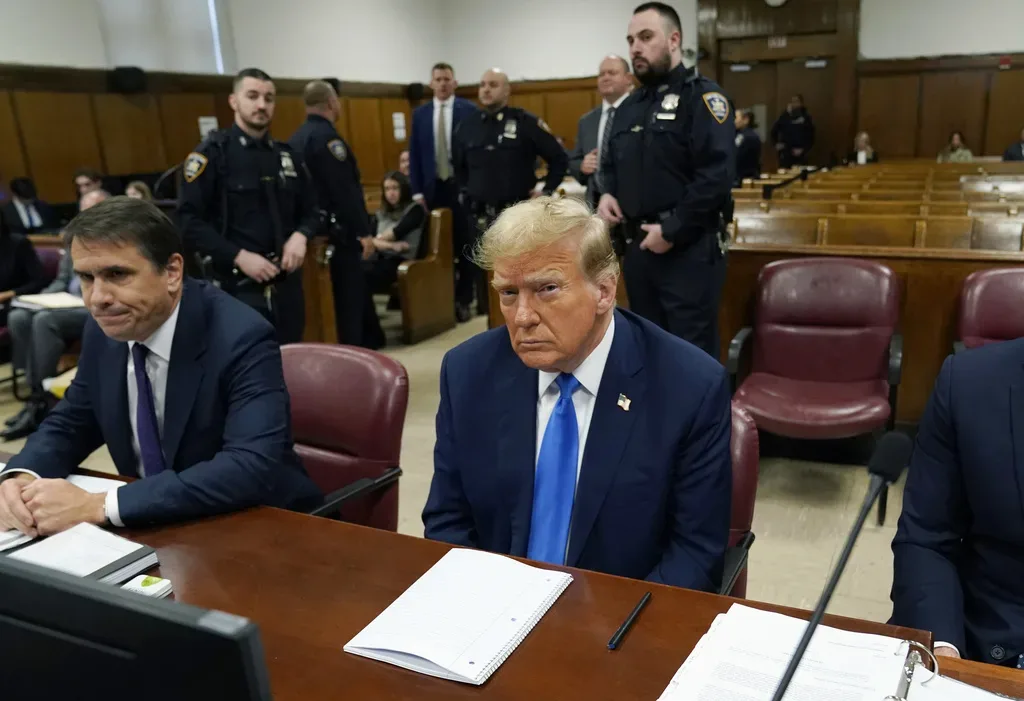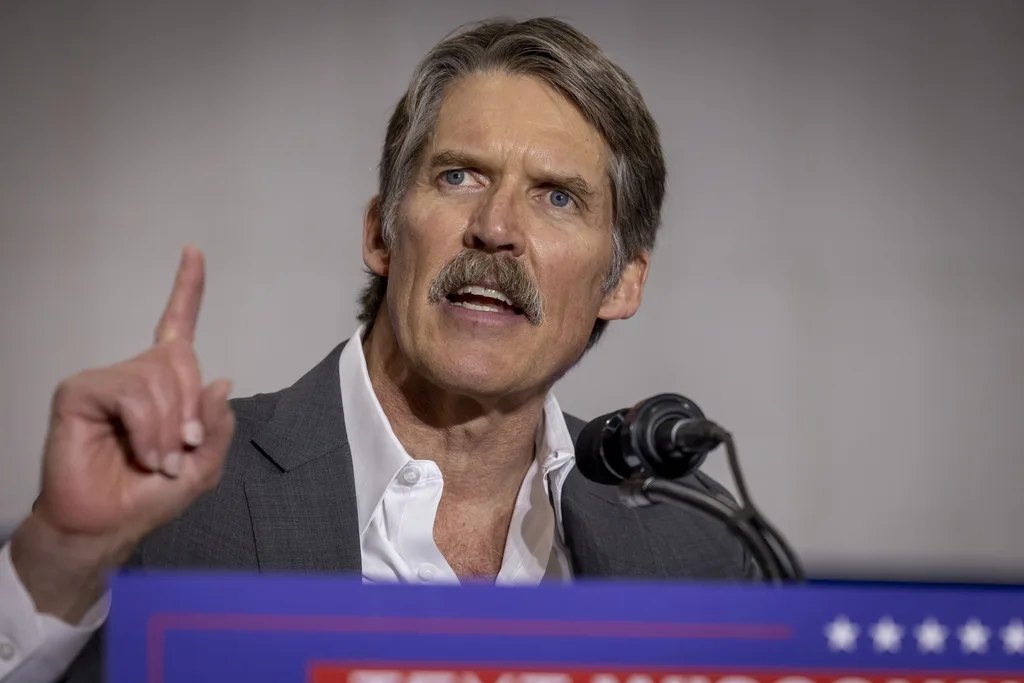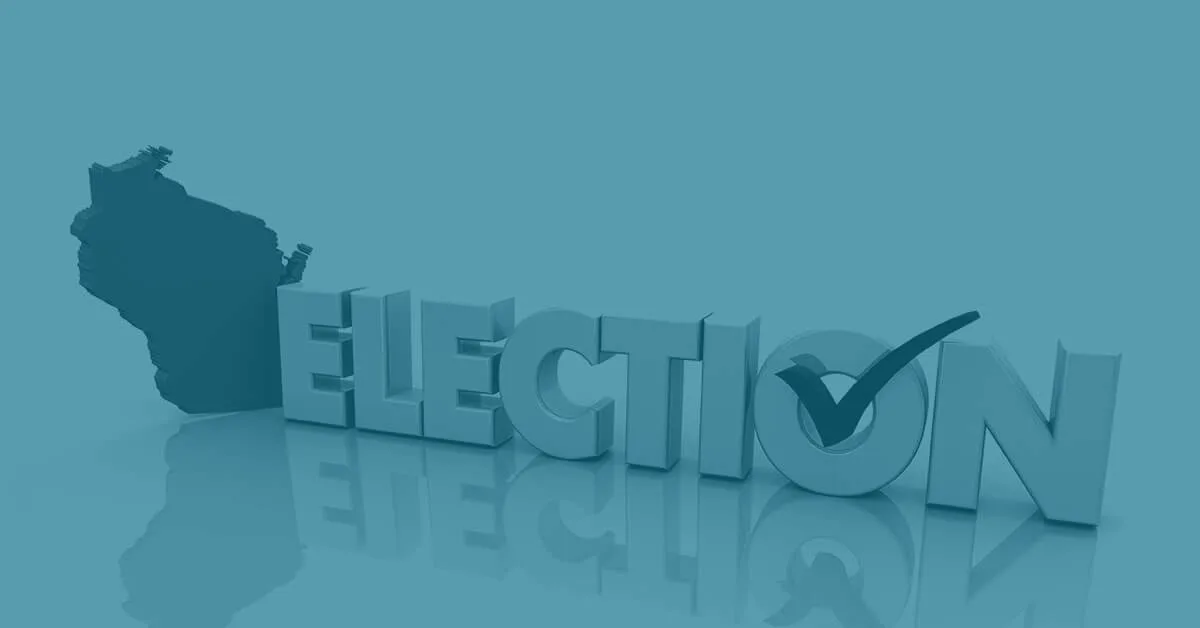
#image_title
#image_title
Governor calls new special session for Tuesday, sets new June election date
Gov. Tony Evers used an emergency order Monday afternoon to postpone the spring elections scheduled for Tuesday across Wisconsin, citing the health risks of the COVID-19 epidemic. The Legislature’s Republican leaders, who on Saturday rebuffed Evers’ special session to consider modifying the election, immediately asked the Wisconsin Supreme Court to strike down the Evers order as a “clearly unconstitutional overreach.”
Evers said voting would instead be held June 9 until or unless the Legislature passes a bill setting a new date.
Evers on Friday called the Legislature to meet in a special session Saturday, but GOP leaders made it clear that was not something they planned to do. Instead, Republican lawmakers joined the state and national Republican parties in asking the U.S. Supreme Court to strike down a federal judge’s order last week that extends the deadline for absentee ballots to be returned. As of midday Monday, the nation’s highest court had not yet released any decisions, questions or instructions.
U.S. District Judge William Conley ruled that absentee ballots must arrive by 4 p.m. Monday, April 13, in order to be counted due to concerns that more than 1 million requested absentee ballots might otherwise not arrive at local clerks’ offices in time to be counted on April 7. The 7th Circuit Court of Appeals turned down the GOP’s initial appeal over the weekend
Local election clerks across Wisconsin have been working to ensure voters who show up at polling places — and those working at those locations — would be as safe as possible amid COVID-19 concerns, and members of the National Guard are helping to fill the poll worker shortage.
During a Monday morning news conference Meagan Wolfe, administrator of the Wisconsin Elections Commission, said her office has been doing all it can to ensure clerks have the resources and guidance they need to safely conduct an election.
“As we’ve been saying throughout, we are not medical professionals here at the commission,” she said. “We know the in’s and out’s of election laws and election processes, but we have to rely on the guidance of our public health officials in terms of how to operate that process.”
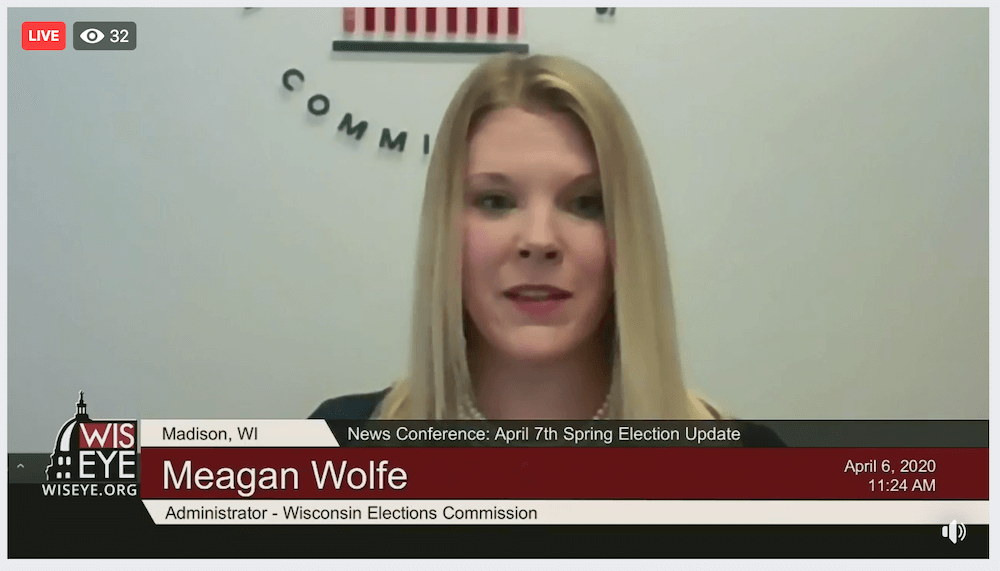
Wolfe was asked about a survey of clerks reviewed by the commission a week ago that indicated 111 municipal clerks believed they did not have enough staff to open a single polling location. She said today she is not aware of any municipality now saying they cannot open a polling station tomorrow.
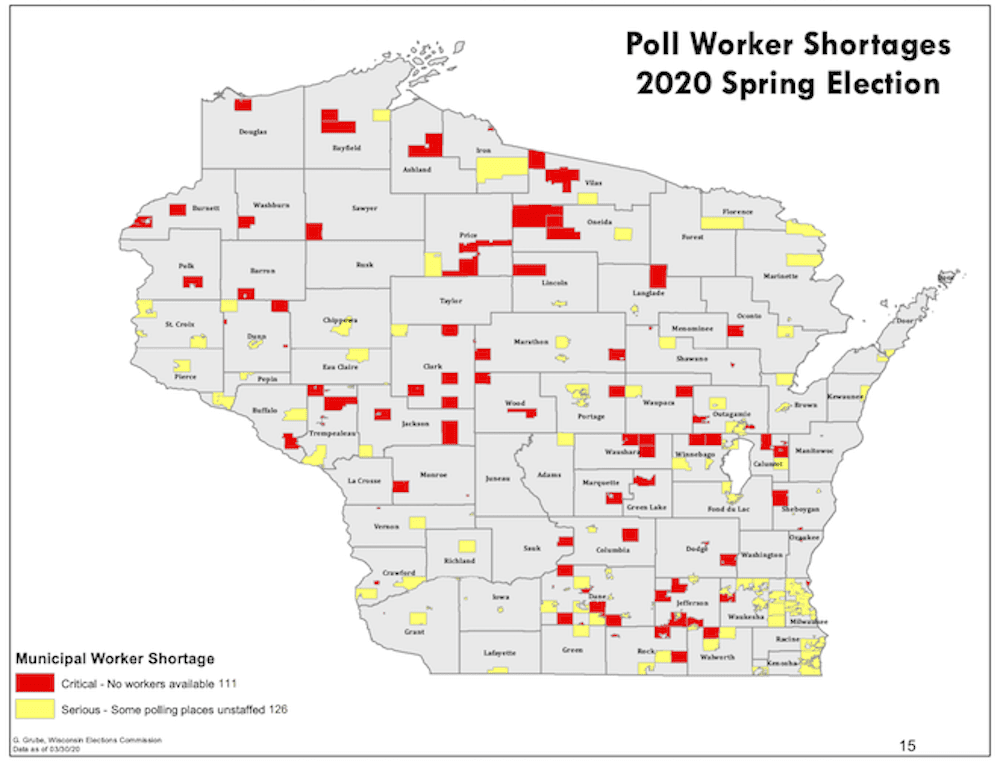
Mayors of nine Wisconsin cities had appealed to the state Department of Health Services Secretary-designee Andrea Palm to stop Tuesday’s in-person voting as a matter of public safety.
As uncertainty continued to swirl around Tuesday’s election, clerks across the state said they were utilizing extra staff in an effort to have the election run as smoothly as possible, despite challenges.
In Eau Claire, city officials have worked in conjunction with the Eau Claire City-County Health Department to provide safe voting sites, city clerk Carrie Riepl said. Pathways at polling places have been delineated to ensure social distancing, she said. Instead of standing in long lines waiting to vote, people will be directed to various places to ensure distancing there as well, she said.
In addition, the city established a drive-through voting operation that allowed residents to cast in-person absentee ballots with minimal personal contact.
“We’re doing everything we can to make voting as safe as we can for people,” Reipl said in a recent interview.
Election workers in Superior “have been working hard on a plan,” city clerk Terri Kalan said, to design traffic flow at polling places to minimize personal contact by voters and those working at those sites.
“We’re trying to make this safe for everyone,” Kalan said.
In an effort to protect people and workers at voting sites, Chippewa Falls street department workers made homemade sneeze guards at polling stations. Workers in Neenah did the same after receiving that direction from that city’s mayor, Dean Kaufert.
Some cities, most notably Milwaukee and Madison, have reduced the number of polling places because a shortage of poll workers concerned about contracting COVID-19 means they can’t adequately staff the normal number of voting sites. Clerks at more than 100 locations statewide said they lack enough workers to staff an election.
Because Madison polling places have been consolidated, voters in that city were being urged to check a page on the city’s website to see where they should vote.
The state Elections Commission estimates clerks are dealing with a shortage of about 7,000 poll workers in Wisconsin. Neil Albrecht, who heads election efforts in Milwaukee, said he has only about 400 of his usual 1,400 election workers. As a result, in the state’s largest city, the number of polling sites has shrunk from 180 to five.
Clerks in some municipalities said employees would fill in for missing election workers. In other locations clerks acknowledged they will be understaffed, but they hope that will be offset by a reduced number of people at polling places.
In addition to enacting safety measures at election sites, clerks said they have been overwhelmed trying to keep up with a flood of absentee ballots. Friday was the last day people could request absentee ballots after Judge Conley granted one extra day for residents to seek them.
According to Wisconsin Elections Commission figures, more than 1.27 million absentee ballots were requested, and 1,264,064 were sent out. Of those, 724,777 have been returned, meaning 539,287 have not yet been received by local election clerks.
The number of absentee ballots surpasses the total of early ballots cast in the 2016 presidential election. Many clerks report that the number of absentee ballots for this election is more than 10 times normal. Clerks’ offices have called in extra staff to try to keep up, some said they are catching up with a previous backlog.
“My staff has been working lots of extra hours to try to keep up (with absentee ballots),” Kalan said.
Current law says absentee ballots must be received by local clerks by 8 p.m. when in-person voting ends on election days, but if Judge Conley’s ruling is not overturned, voters will have until Monday, April 13 at 4 p.m. to return their ballots.
Conley has also prohibited the release of any election returns until after that time so that April 7 preliminary results do not influence those who may receive their ballot late.
Those who have not yet received their absentee ballots can check their status at myvote.wi.gov.
“We ask for your patience,” is commission administrator Wolfe’s plea to voters who go to the polls on Tuesday. “This is new to everybody. I think patience is going to be really key to this process.”
Less than 90 minutes later, the governor issued his emergency order suspending in-person voting.
UpNorthNews reporters Jessica VanEgeren and Julian Emerson contributed to this report.
Politics
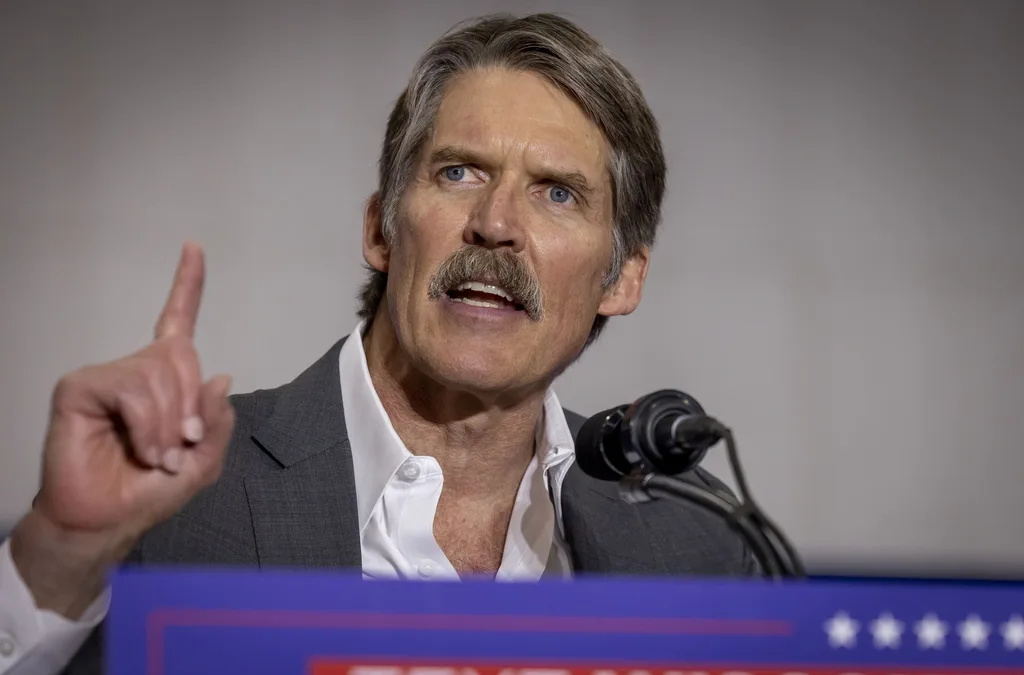
Eric Hovde’s company exposed workers to dangerous chemicals, OSHA reports say
A Madison-based real estate company run by Wisconsin US Senate candidate Eric Hovde settled with the Occupational Safety and Health Administration...
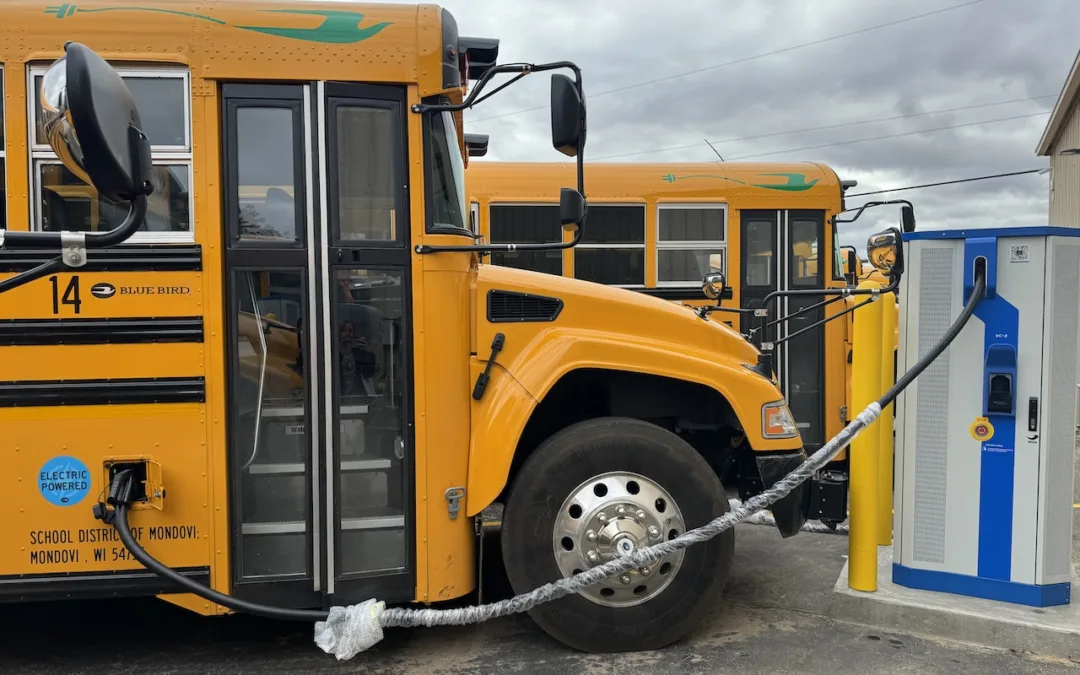
Plugged in: How one Wisconsin school bus driver likes his new electric bus
Electric school buses are gradually being rolled out across the state. They’re still big and yellow, but they’re not loud and don’t smell like...
Local News

Stop and smell these native Wisconsin flowers this Earth Day
Spring has sprung — and here in Wisconsin, the signs are everywhere! From warmer weather and longer days to birds returning to your backyard trees....

Your guide to the 2024 Blue Ox Music Festival in Eau Claire
Eau Claire and art go hand in hand. The city is home to a multitude of sculptures, murals, and music events — including several annual showcases,...



